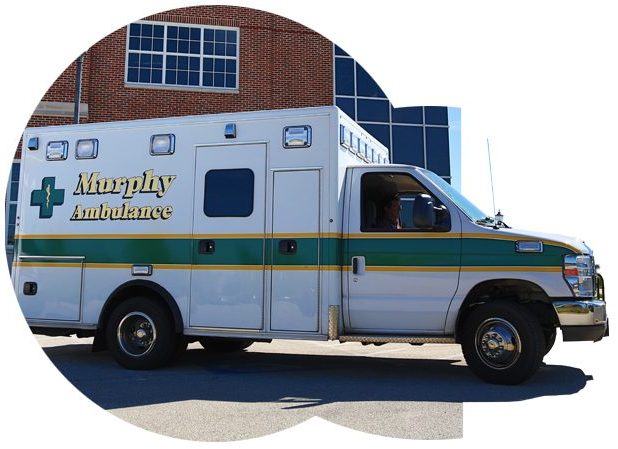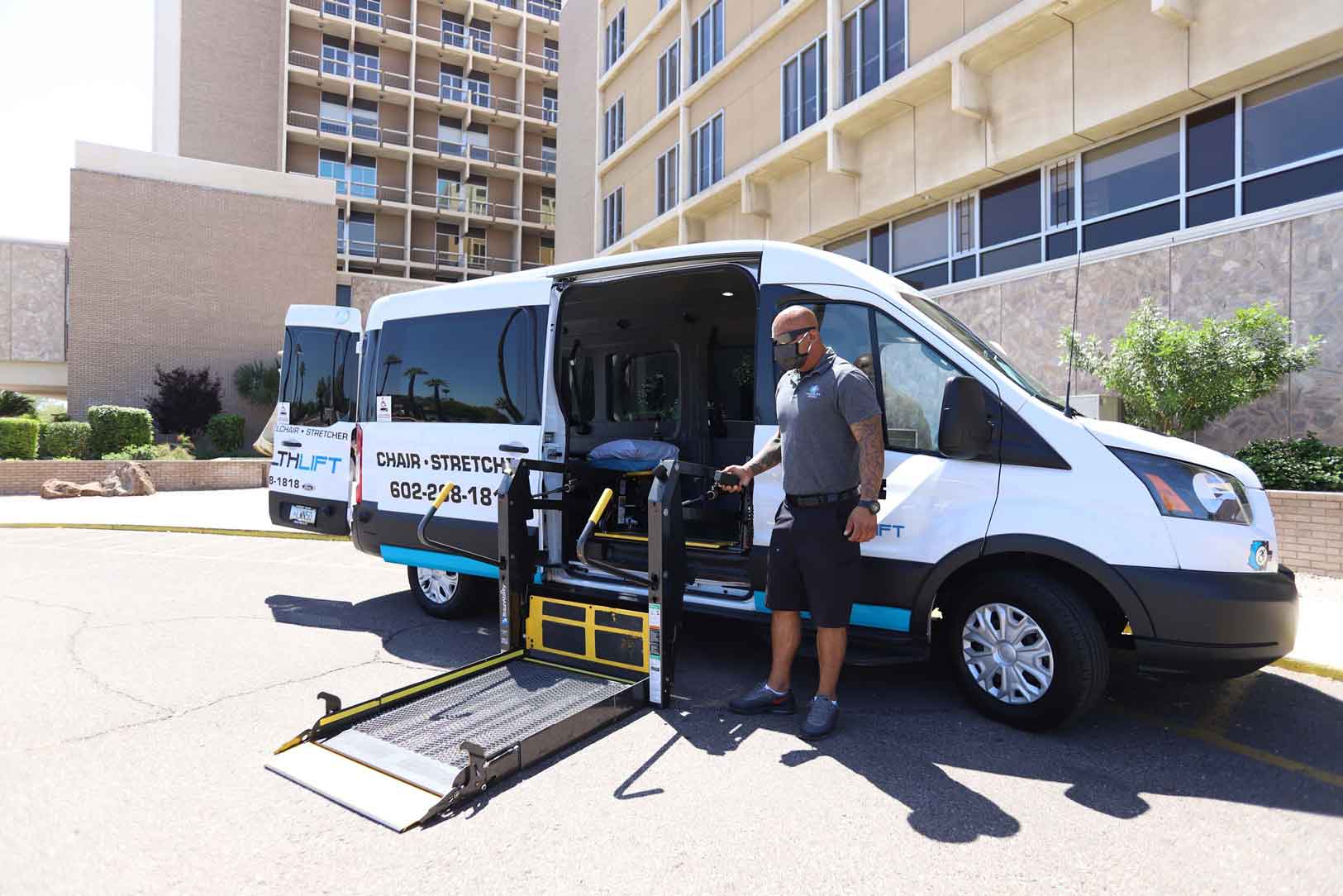Reliable Medical Transportation Services Near Me: Your Accessible Service
Reliable Medical Transportation Services Near Me: Your Accessible Service
Blog Article
Available and Affordable Medical Transport Options for Seamless Health Assistance
In the world of healthcare, the availability and price of clinical transport are extremely important in making certain individuals can access the treatment they require when they need it. The capability to flawlessly browse transportation alternatives can substantially impact a person's capacity to get prompt medical interest, follow-up treatment, and general health. From non-emergency medical transport solutions to ingenious remedies like telehealth, the landscape of medical transportation is evolving to satisfy the varied needs of people. Thinking about the relevance of this aspect in health care distribution, exploring the variety of alternatives available ends up being essential for dealing with voids in accessibility and cost.
Non-Emergency Medical Transportation Services

These services are staffed by skilled specialists that focus on patient comfort and safety during transit. Motorists are outfitted to take care of individuals with varying medical needs and make sure that all trips are stress-free and smooth - Medical Transportation Services Near Me. Furthermore, non-emergency medical transport solutions usually make use of specialized vehicles that are wheelchair-accessible, making them suitable for a broad range of clients with various flexibility needs
Volunteer Driver Programs
Volunteer chauffeur programs are critical in giving transport aid for people seeking non-urgent healthcare. These programs depend on the generosity of volunteers that donate their time and vehicles to assist transportation individuals to and from clinical visits. By using volunteer motorists, companies can use a cost-effective remedy for people who may not have accessibility to trustworthy transport.
One of the vital advantages of volunteer chauffeur programs is the personalized treatment and attention that patients obtain. Unlike typical transportation solutions, volunteer motorists typically develop a relationship with the people they assist, developing a helpful and compassionate setting during what can be a demanding time. Furthermore, volunteer driver programs can aid bridge the void for individuals residing in underserved or country locations where public transport choices might be restricted.
Mass Transit Options

Among the essential benefits of public transport is its widespread schedule in urban and country locations alike. This comprehensive network permits clients from varied backgrounds to take a trip to clinical visits with loved one ease. Furthermore, public transport systems are typically equipped to accommodate people with disabilities, supplying accessible travel choices for those with flexibility Going Here challenges.

Ride-Sharing and Transport Network Companies
The evolution of contemporary transportation choices for clinical objectives expands past typical public systems like buses and trains to encompass the ingenious realm of ride-sharing and transportation network business. Ride-sharing services such as Uber and Lyft have transformed the method people travel to medical appointments, supplying ease and versatility to clients who may not have access to their lorries or standard mass transit. These platforms allow users to ask for an adventure with the touch of a switch on their mobile phones, offering door-to-door service that can be specifically valuable for people with wheelchair difficulties or those requiring assistance.
Transport network business (TNCs) have additionally played a substantial function in bridging the void in clinical transportation solutions. Business like Veyo and RoundTrip specialize in non-emergency clinical transportation, accommodating people that need a greater level helpful throughout their journeys to clinical facilities. By partnering with medical care carriers and insurers, TNCs make sure that clients can access trusted and timely transportation remedies, eventually adding to boosted health and wellness outcomes and person contentment.
Telehealth and Online Assessments
Enhancing healthcare access and comfort, telehealth and virtual assessments have actually become essential components in contemporary clinical techniques, transforming the means patients communicate with medical care companies. Telehealth leverages modern technology to help with remote interaction in between patients and health care experts, offering a broad variety of informative post solutions such as virtual examinations, remote surveillance, and electronic prescriptions. Virtual examinations make it possible for patients to seek medical recommendations, medical diagnosis, and therapy from the convenience of their homes, eliminating the need for physical check outs to health care centers. This strategy not just conserves time and reduces transportation expenses for people but also enhances the general performance of health care delivery.
Furthermore, telehealth plays an essential role in expanding clinical services to underserved areas, country areas, and individuals with minimal flexibility. By damaging down geographical barriers and enhancing healthcare outreach, telehealth advertises very early intervention, connection of treatment, and individual interaction. As technology remains to breakthrough, telehealth is poised to play an increasingly significant function fit the future of healthcare delivery, cultivating enhanced health end results and client fulfillment.
Conclusion

From non-emergency medical transport services to innovative remedies like telehealth, the landscape of medical transport is progressing to meet the varied needs of people.Non-Emergency Medical Transport Services facilitate the safe and prompt transport of individuals needing non-urgent medical care to and from medical care centers.The evolution of modern-day transportation choices for clinical purposes expands beyond standard public systems like buses and trains to include the cutting-edge realm of ride-sharing and transportation network firms.Transportation network business (TNCs) have actually additionally played a considerable role in connecting the void in medical transportation solutions. Non-Emergency Medical Transport Services, Volunteer Motorist Programs, Public Transport Options, Ride-Sharing and Transportation Network Companies, and Telehealth and Virtual Consultations all play a crucial role in attending to transport barriers to health care accessibility.
Report this page